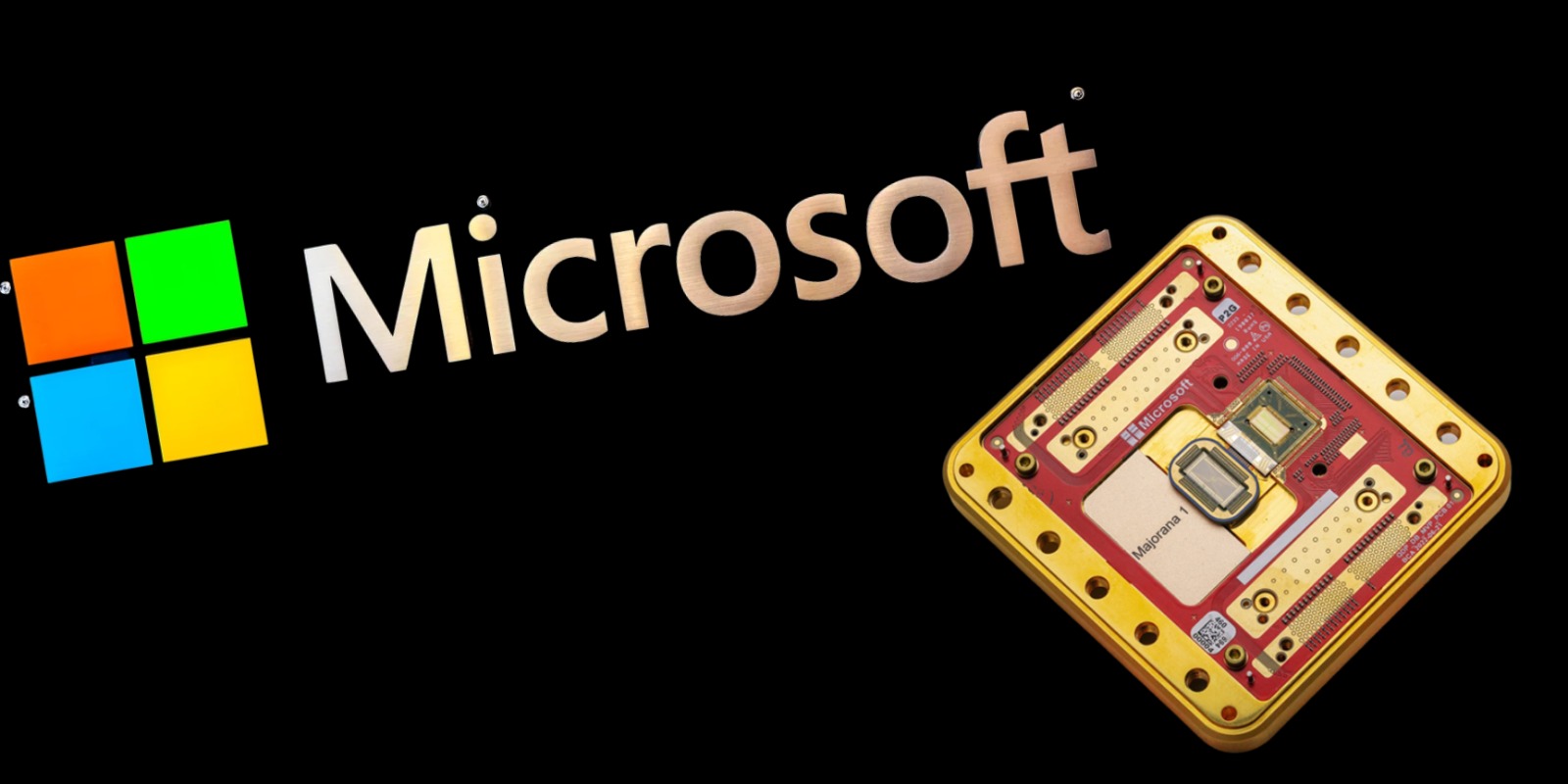Table of Contents
Imagine a computer that can solve complex problems in seconds, tasks that would take today’s best computers thousands of years. This isn’t science fiction; it’s the promise of quantum computing. Recently, Microsoft announced a significant breakthrough in this field with their new chip, Majorana 1. This development could bring powerful quantum computers into our lives much sooner than expected.
Understanding Quantum Computing

To grasp the importance of Majorana 1, let’s first understand quantum computing. Traditional computers use bits to process information, which can be either a 0 or a 1. Quantum computers, however, use qubits. Qubits are special because they can be both 0 and 1 simultaneously, thanks to a property called superposition. This allows quantum computers to handle many calculations simultaneously, making them incredibly powerful.
The Challenge of Qubits
While qubits are amazing, they’re also delicate. Small disturbances, like tiny temperature changes or electrical noise, can cause errors. This fragility makes building reliable quantum computers very challenging. Scientists have been searching for ways to create stable qubits that can function without constant errors.
Enter Majorana Particles
In the 1930s, an Italian physicist named Ettore Majorana predicted the existence of particles that are their own antiparticles, now called Majorana fermions. These particles have unique properties that could help in creating stable qubits. For decades, researchers have tried to harness these particles for quantum computing, but they remained elusive.
Microsoft’s Breakthrough: Majorana 1
After 17 years of dedicated research, Microsoft has achieved a milestone by developing the Majorana 1 chip. This chip is built using a new material they call a “topoconductor.” This material allows the creation of qubits that are more stable and less prone to errors. The Majorana 1 chip can potentially host up to one million qubits on a single chip, a massive leap from current technologies.
Why This Matters
This advancement is significant for several reasons:
- Stability: The use of Majorana particles means the qubits are more robust and less likely to be disturbed by external factors.
- Scalability: Being able to fit up to a million qubits on one chip means we can build more powerful quantum computers without needing vast amounts of space.
- Real-World Applications: With such powerful computing capabilities, we can tackle complex problems in medicine, like designing new drugs, and in materials science, like creating new materials for technology.
Looking Ahead
While the Majorana 1 chip is a groundbreaking development, there are still challenges to overcome. Building and maintaining quantum computers is expensive, and more research is needed to make them practical for everyday use. However, Microsoft’s achievement brings us closer to a future where quantum computers could revolutionize various industries.
Conclusion
Microsoft’s introduction of the Majorana 1 chip marks a significant step forward in quantum computing. By creating more stable and scalable qubits, this technology has the potential to solve complex problems more efficiently than ever before. As research continues, we move closer to a future where the extraordinary capabilities of quantum computing become a part of our daily lives.





































